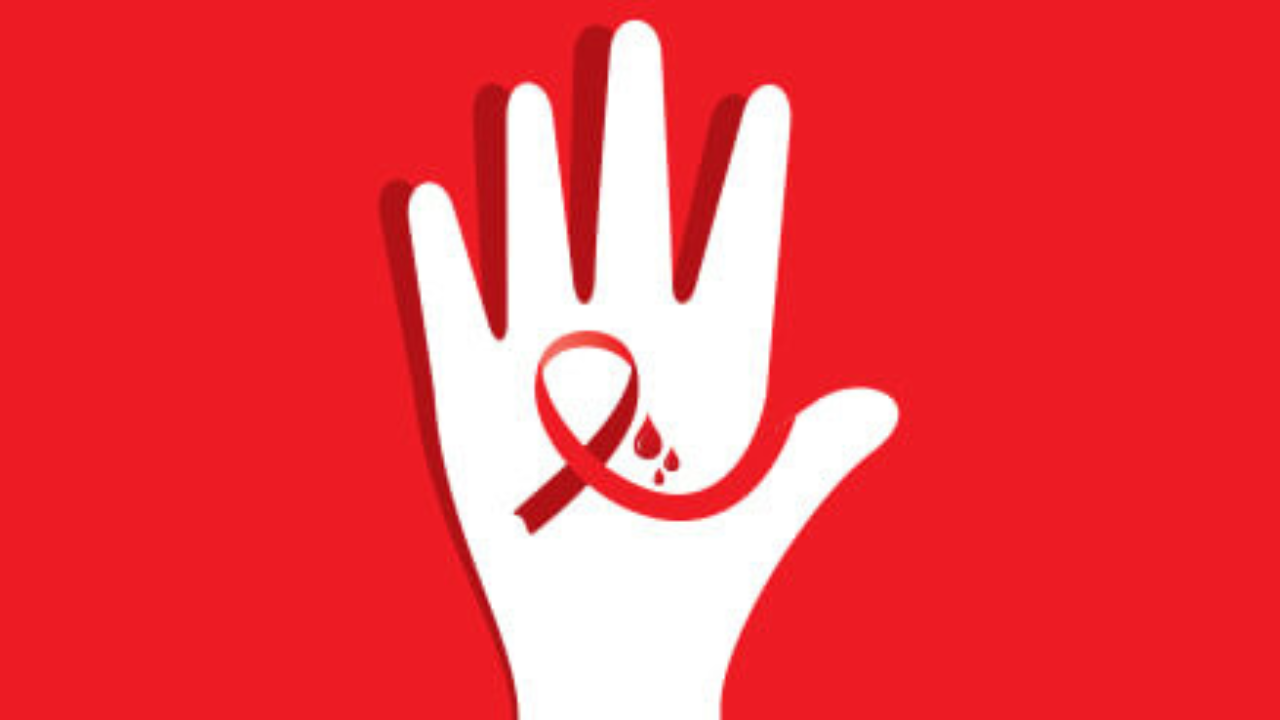Blood Cancer Prevention: How to Reduce Your Risk and Stay Healthy

Cancer, a dreaded word that strikes fear into the hearts of many, can develop anywhere in the body, including the bloodstream. Blood cancers, which primarily originate in the bone marrow, account for nearly 10 percent of all new cancer cases in the United States alone. Understanding these conditions, their risk factors, and preventive measures can significantly impact one's health and well-being.
Types of Blood Cancer
There are three main types of blood cancer: Leukemia, Lymphoma, and Myeloma.
Leukemia: This cancer affects early blood-forming cells, primarily in the white blood cells. It comes in various forms, some fast-growing (acute) and others slower-growing (chronic), with treatment options and prognoses varying accordingly.
Lymphoma: Originating in immune system cells, lymphomas include Hodgkin and Non-Hodgkin types. Hodgkin lymphoma is often highly treatable, while Non-Hodgkin lymphoma presents a significant medical challenge with thousands of new cases diagnosed annually.
Myeloma: This cancer develops in plasma cells, essential for the body's immune response. Multiple myeloma occurs when these cells become cancerous, primarily affecting the bone marrow.
Symptoms of Blood Cancer
Unlike some cancers, blood cancers typically lack screening methods, making symptom recognition crucial. Common signs include fever, fatigue, unexplained weight loss, and frequent infections. If experiencing such symptoms, seeking medical attention promptly is vital for early detection and treatment.
Prevention Strategies for Blood Cancer
Preventing blood cancer involves adopting a holistic approach that encompasses lifestyle modifications, environmental awareness, and proactive healthcare practices. While there's no foolproof method to completely eliminate the risk of developing blood cancer, following these preventive strategies can significantly lower your chances:
Avoid Exposure to Harmful Substances
-
Radiation: Minimize exposure to ionizing radiation from sources such as medical imaging tests (like X-rays and CT scans) and nuclear accidents. Follow safety protocols during medical procedures involving radiation.
-
Chemicals: Limit contact with carcinogenic substances like benzene, found in cigarette smoke, industrial emissions, and certain household products. Use protective gear if your occupation involves exposure to chemicals.
-
Tobacco: Quit smoking and avoid secondhand smoke. Tobacco smoke contains numerous carcinogens that increase the risk of various cancers, including blood cancer.
Adopt a Healthy Lifestyle
-
Regular Exercise: Engage in moderate-intensity physical activity for at least 150 minutes per week. Exercise boosts immune function, reduces inflammation, and helps maintain a healthy weight, all of which contribute to cancer prevention.
-
Balanced Diet: Eat a nutritious diet rich in fruits, vegetables, whole grains, and lean proteins. Avoid processed foods, excessive red meat consumption, and sugary beverages. Antioxidants and phytochemicals found in plant-based foods help protect cells from damage.
-
Maintain a Healthy Weight: Aim for a body mass index (BMI) within the normal range (18.5 to 24.9 kg/m²). Obesity is associated with chronic inflammation and hormonal imbalances, increasing cancer risk.
Practice Sun Safety
-
UV Protection: Limit exposure to ultraviolet (UV) radiation from sunlight, especially during peak hours (10 a.m. to 4 p.m.). Wear protective clothing, sunglasses, and broad-spectrum sunscreen with SPF 30 or higher when outdoors.
-
Avoid Tanning Beds: Refrain from using tanning beds or booths, as they emit harmful UV radiation that damages skin cells and increases the risk of skin cancer, including melanoma.
Reduce Alcohol Consumption
-
Moderation: If you choose to drink alcohol, do so in moderation. Limit consumption to no more than one drink per day for women and two drinks per day for men. Excessive alcohol intake is linked to an increased risk of several cancers, including blood cancer.
-
Abstain from Binge Drinking: Avoid episodes of heavy drinking, as they can overwhelm the body's detoxification mechanisms and damage DNA, increasing cancer susceptibility.
Practice Safe Sex
-
STI Prevention: Reduce the risk of sexually transmitted infections (STIs) by practicing safe sex. Use condoms consistently and correctly to prevent the transmission of STIs, including human papillomavirus (HPV) and HIV, which are associated with certain blood cancers.
-
HPV Vaccination: Follow HPV vaccination recommendations for adolescents and young adults. Vaccination protects against HPV infection and reduces the risk of HPV-related cancers, such as cervical cancer and some types of lymphoma.
Undergo Regular Health Screenings
-
Early Detection: Attend scheduled health screenings as recommended by your healthcare provider. Screenings facilitate the early detection of abnormalities, enabling timely intervention and improving treatment outcomes. Depending on your age, gender, and family history, screenings may include blood tests, imaging studies, and biopsies.
Genetic Counseling and Testing
-
Assess Risk Factors: If you have a family history of blood cancer or inherited genetic mutations associated with cancer susceptibility syndromes (e.g., BRCA1/2 mutations), consider genetic counseling and testing. Identifying genetic risk factors allows for personalized risk assessment and tailored preventive strategies.
Stay Healthy, Remain Cancer-Free
Blood cancer prevention entails a multifaceted approach involving lifestyle modifications, environmental awareness, and proactive healthcare practices. While scientific understanding of these diseases continues to evolve, empowering individuals with knowledge and resources for prevention remains paramount.
By adopting healthier habits, minimizing exposure to known risk factors, and seeking timely medical attention from KKR hospital, the best oncologist in Chennai, you can take proactive steps towards reducing their risk of blood cancers and maintaining overall well-being.
